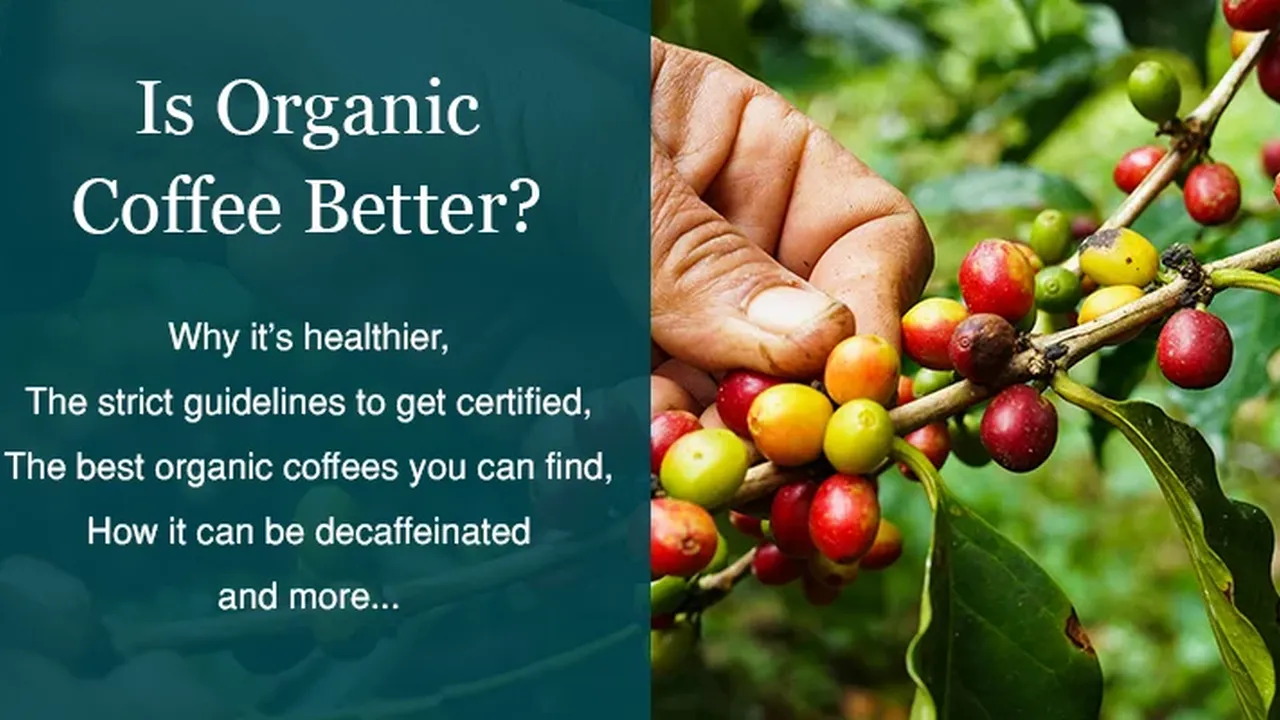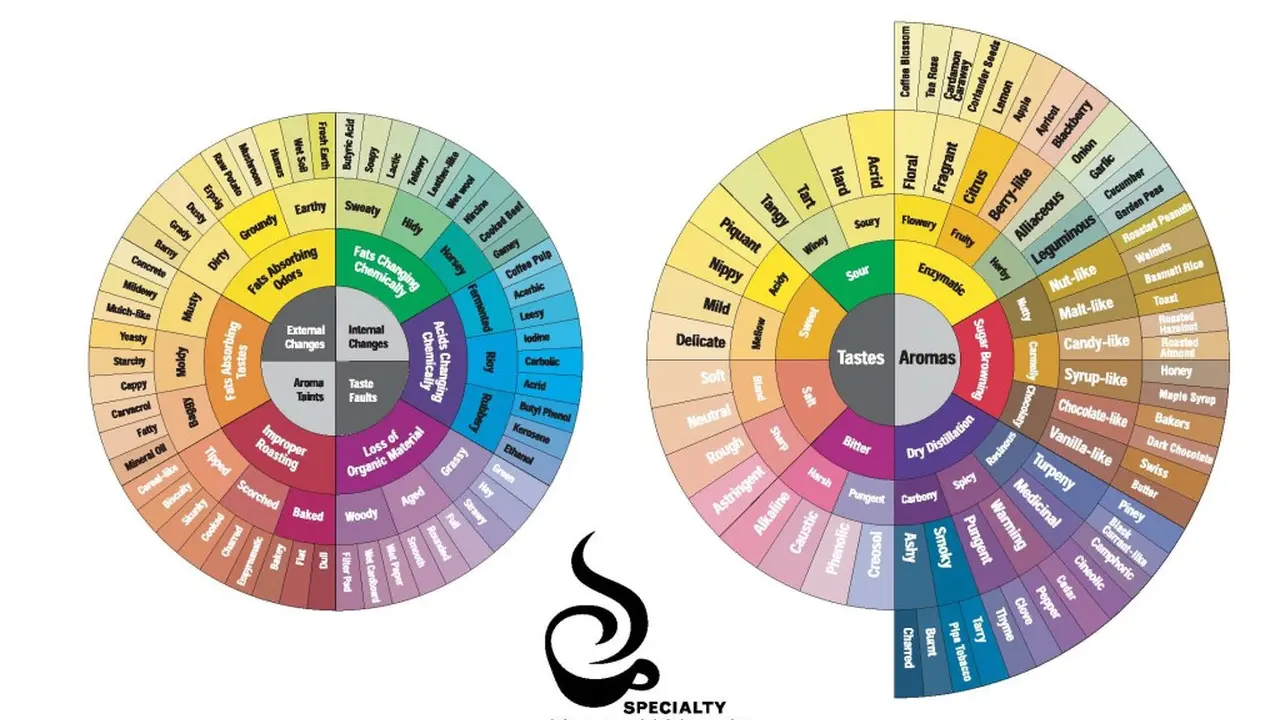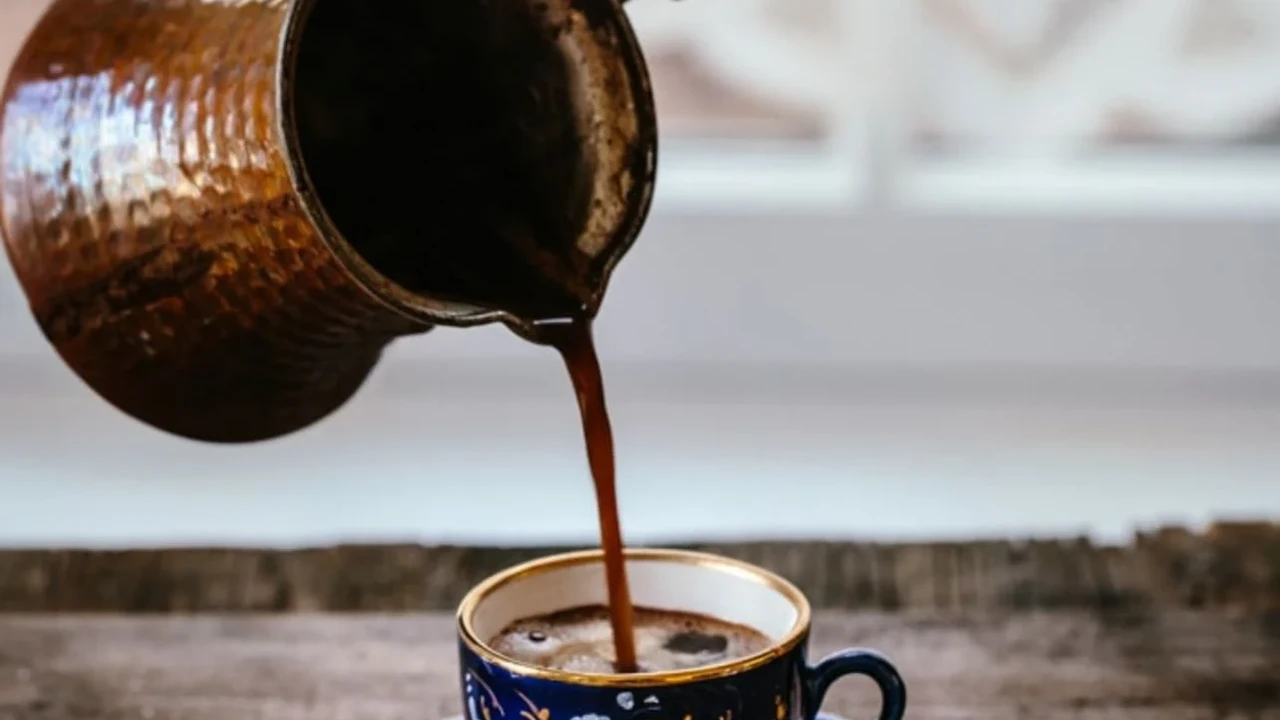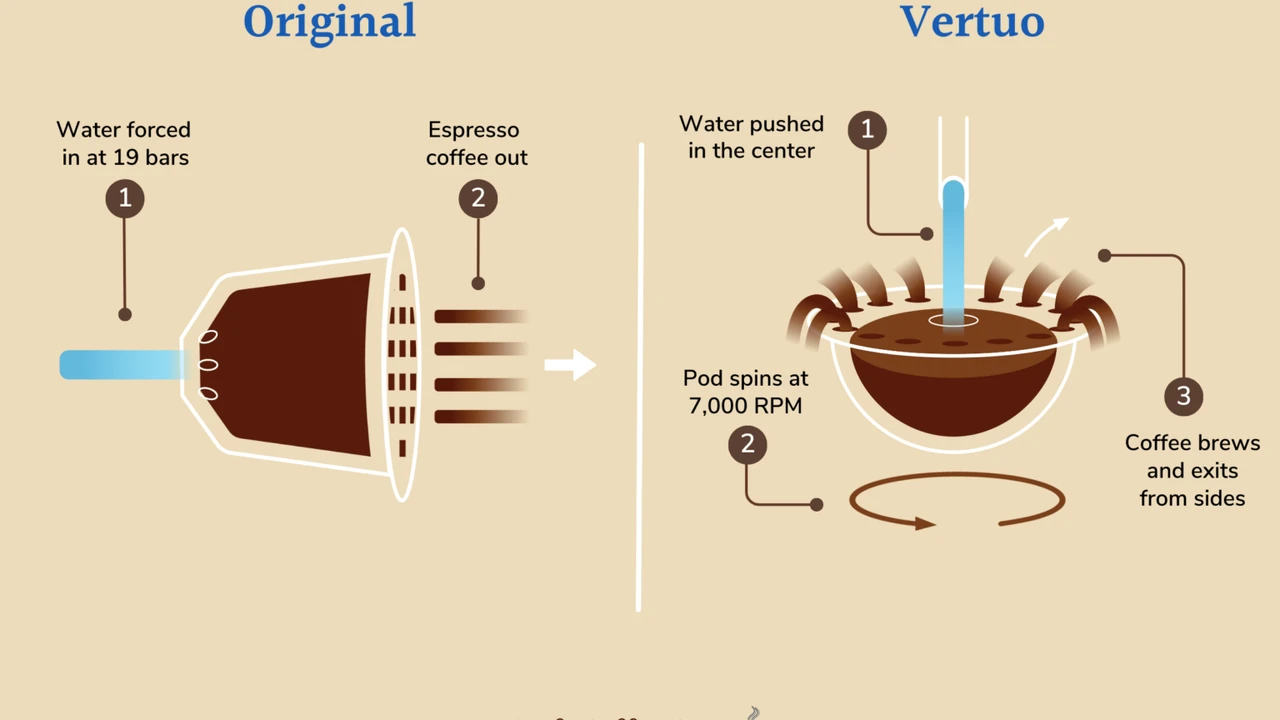Coffee Filters: Reusable vs. Disposable - Which is Best?
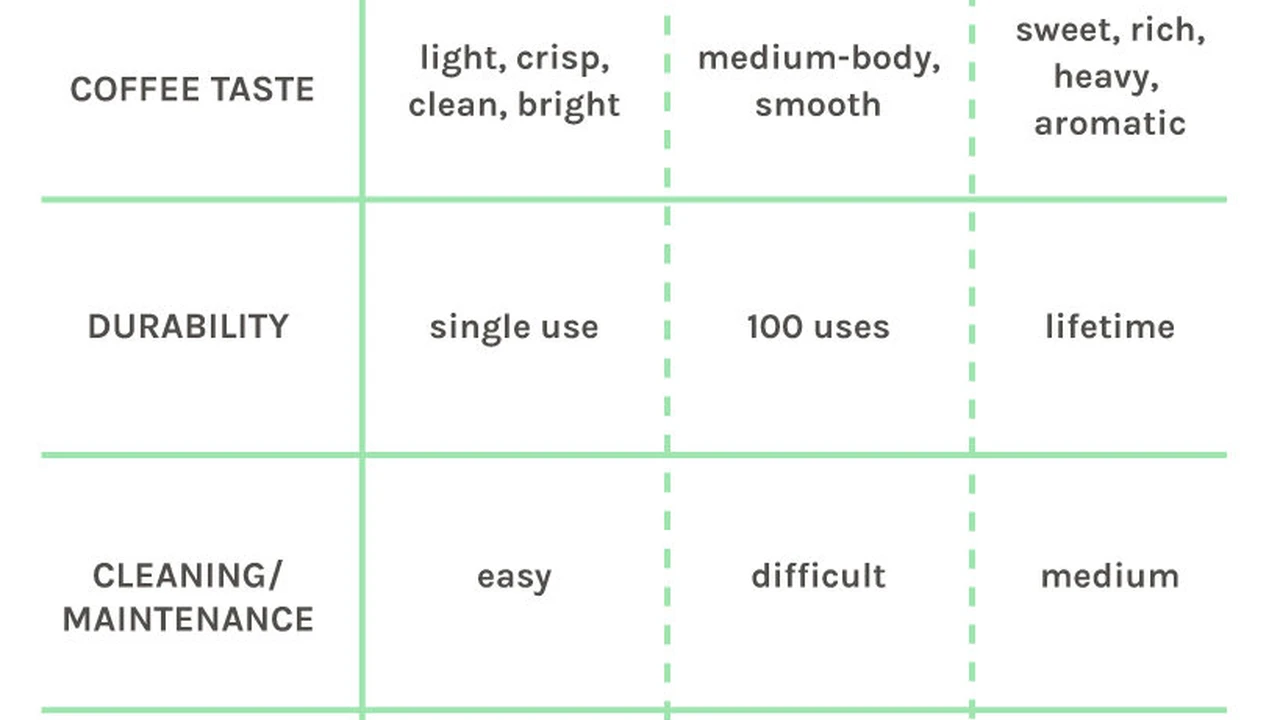
Different coffee filters affect the taste and environmental impact of your coffee We compare reusable and disposable filters considering cost taste and sustainability Choose the right filter for your needs
Understanding Coffee Filters The Basics
Okay let's dive deep into the world of coffee filters It's not just about catching the grounds you know Filters play a huge role in the taste body and overall experience of your coffee We're talking paper metal cloth the whole shebang Each material has its own quirks so choosing the right one can seriously up your coffee game
Paper Coffee Filters Affordable and Convenient
Paper filters are the OG They're cheap readily available and super convenient You use them once and toss 'em No muss no fuss But there's more to it than meets the eye
Pros of Paper Coffee Filters
- Cost-Effective: You can buy a stack of paper filters for just a few bucks.
- Easy Cleanup: Toss the filter and grounds right into the trash or compost.
- Clean Taste: Paper filters trap oils and sediment, resulting in a cleaner, brighter cup of coffee.
- Consistent Results: They provide a consistent filtration experience every time.
Cons of Paper Coffee Filters
- Environmental Impact: Single-use paper filters contribute to waste.
- Can impart a papery taste: Some people find that paper filters can leave a slight papery taste in the coffee. Rinsing the filter before brewing can help mitigate this.
- Not as Eco-Friendly: They're disposable, so not great for the planet if you're not composting.
Best Paper Coffee Filter Options
Alright so you're sold on paper filters Here are a couple of solid options:
- Melitta #4 Cone Coffee Filters: These are a classic for a reason They fit most pour-over cones and are known for their reliable filtration A pack of 100 will set you back about $6
- Hario V60 Paper Filters: If you're into pour-over these are the gold standard They're designed specifically for the Hario V60 dripper and give you a super clean cup of coffee A pack of 100 costs around $8
Metal Coffee Filters Durable and Flavorful
Metal filters are the rebels of the coffee world They're all about that full-bodied flavor and sustainability But they also come with their own set of quirks
Pros of Metal Coffee Filters
- Reusable: Metal filters are durable and can be used for years.
- Full-Bodied Flavor: They allow more oils and sediment to pass through, resulting in a richer, more flavorful cup of coffee.
- Eco-Friendly: No more throwing away filters after each use.
- No papery taste: They won't impart any unwanted flavors into your coffee.
Cons of Metal Coffee Filters
- More Sediment: You might get some sediment in your cup.
- Requires more cleaning: You'll need to clean the filter after each use.
- Higher Initial Cost: Metal filters are more expensive than paper filters.
- Can be harder to clean: Especially if you let the grounds dry out.
Best Metal Coffee Filter Options
Ready to go metal? Here are some top picks:
- Kruve Sifter Plus: While not a traditional coffee filter, this sifter helps you achieve a more uniform grind size, which is crucial for metal filters A metal filter lets more fines through, so sifting out the smallest particles can improve the taste significantly This high-end option costs around $200
- Able Brewing Kone Coffee Filter: This stainless steel filter is designed for the Chemex It's a high-quality option that'll last for years and deliver a delicious cup of coffee It's priced around $60
- Hario V60 Metal Filter: Another great option for pour-over fans This metal filter is designed to fit the Hario V60 dripper and provides excellent filtration while still allowing for a full-bodied flavor It's around $30
Cloth Coffee Filters A Traditional Choice
Cloth filters are like the artisanal choice They're reusable eco-friendly and can provide a unique coffee experience But they require a bit more TLC
Pros of Cloth Coffee Filters
- Reusable: Like metal filters, cloth filters are reusable and eco-friendly.
- Unique Flavor: Cloth filters allow some oils to pass through, resulting in a balanced and flavorful cup of coffee.
- Gentle filtration: Cloth filters can provide a very smooth and gentle filtration.
- Eco-Friendly: They're reusable and compostable.
Cons of Cloth Coffee Filters
- Maintenance: They require careful cleaning and storage to prevent mold and bacteria growth.
- Flavor Retention: Cloth filters can retain flavors from previous brews.
- Higher Maintenance: You need to rinse and boil them regularly.
- Can be tricky to clean: You need to be thorough to prevent buildup.
Best Cloth Coffee Filter Options
If you're up for the challenge here are some cloth filters to consider:
- Hario Drip Pot Woodneck: This isn't just a filter it's a whole brewing setup The cloth filter is attached to a beautiful glass pot and wooden handle It's a bit of an investment at around $80 but it's worth it for the experience
- CoffeeSock Reusable Coffee Filter: These organic cotton filters are a great eco-friendly option They're available in various sizes to fit different brewers and cost around $15
- Reusable Hemp Coffee Filter: Crafted from durable, natural hemp fibers, this eco-friendly filter offers a unique brewing experience with a focus on sustainability. The hemp material allows for a balanced extraction, preserving the coffee's natural oils and flavors while minimizing sediment, resulting in a rich, smooth cup. Easy to clean and maintain, this filter is a cost-effective and environmentally conscious choice for coffee enthusiasts seeking a sustainable alternative to disposable paper filters. This can be found on Etsy for around $20
Coffee Filter Comparison Chart
To make things easier here's a quick comparison chart:
| Filter Type | Cost | Flavor | Cleanup | Environmental Impact |
|---|---|---|---|---|
| Paper | Low | Clean Bright | Easy | High (unless composted) |
| Metal | Medium | Full-Bodied Rich | Moderate | Low |
| Cloth | Medium | Balanced Unique | High | Low |
Coffee Filter Usage Scenarios
Let's look at some specific situations where each filter type shines:
Paper Filters for Busy Mornings
If you're always rushing in the morning paper filters are your best friend They're quick easy and require minimal cleanup Just toss and go Perfect for those hectic weekdays
Metal Filters for Weekend Brews
On weekends when you have more time to savor your coffee metal filters are the way to go They allow you to extract more flavor and enjoy a richer more satisfying cup Plus you're being eco-friendly
Cloth Filters for the Coffee Connoisseur
If you're a true coffee aficionado and enjoy the ritual of brewing cloth filters offer a unique and rewarding experience They require more care but the results are worth it
The Impact of Grind Size on Coffee Filter Choice
Your grind size matters a lot when choosing a coffee filter Here's a quick rundown:
- Paper Filters: Finer grind sizes work best with paper filters as they prevent sediment from passing through
- Metal Filters: Coarser grind sizes are ideal for metal filters to avoid clogging and excessive sediment
- Cloth Filters: Medium to coarse grind sizes are recommended for cloth filters to ensure proper extraction without too much sediment
Cleaning and Maintaining Your Coffee Filters
Proper cleaning is crucial to ensure the longevity and performance of your coffee filters Here are some tips:
Cleaning Paper Filters
Paper filters are single-use so there's no need to clean them Just toss them after each brew
Cleaning Metal Filters
Rinse your metal filter immediately after use to prevent coffee oils from drying out Use a soft brush and mild soap to remove any remaining grounds and oils You can also soak the filter in hot water and baking soda to remove stubborn stains
Cleaning Cloth Filters
Rinse your cloth filter immediately after use to remove any coffee grounds Boil the filter in clean water for 10 minutes every few days to remove any buildup Avoid using soap or detergents as they can leave a residue Store the filter in a clean airtight container in the refrigerator or freezer to prevent mold growth
The Environmental Impact of Coffee Filters
Choosing the right coffee filter can have a significant impact on the environment Here's a breakdown:
Paper Filters and Waste
Single-use paper filters contribute to landfill waste If you're concerned about the environmental impact consider composting your paper filters or switching to reusable options
Reusable Filters and Sustainability
Metal and cloth filters are more sustainable options as they can be used for years This reduces waste and minimizes your carbon footprint
Price Comparison Coffee Filters
Here's a general price range for each type of coffee filter:
- Paper Filters: $5-$10 per 100 filters
- Metal Filters: $15-$60 per filter
- Cloth Filters: $10-$80 per filter (depending on the type and brand)
Final Thoughts Choosing the Right Coffee Filter
Ultimately the best coffee filter for you depends on your personal preferences brewing habits and environmental concerns Consider the pros and cons of each type weigh your options and choose the filter that best suits your needs
:max_bytes(150000):strip_icc()/277019-baked-pork-chops-with-cream-of-mushroom-soup-DDMFS-beauty-4x3-BG-7505-5762b731cf30447d9cbbbbbf387beafa.jpg)



